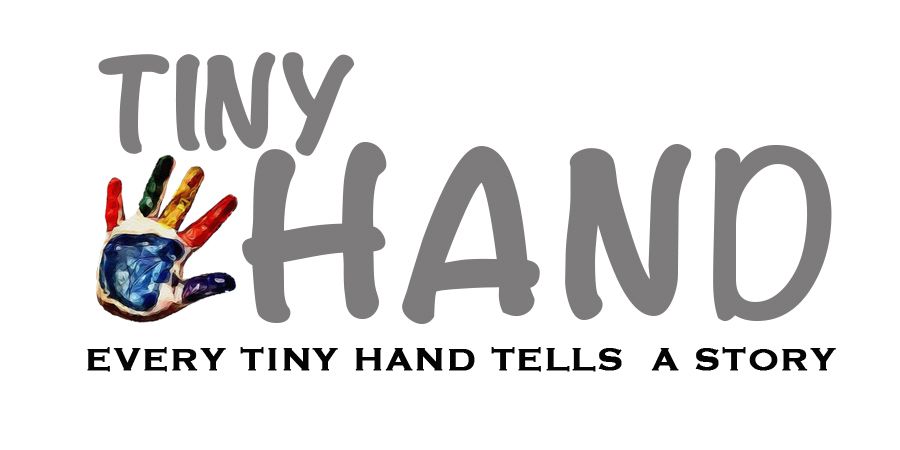Despite War, Blue Birds Fly in Sky
Pain of Enji, Syrian children during 10-year-old war Highlighted in Book
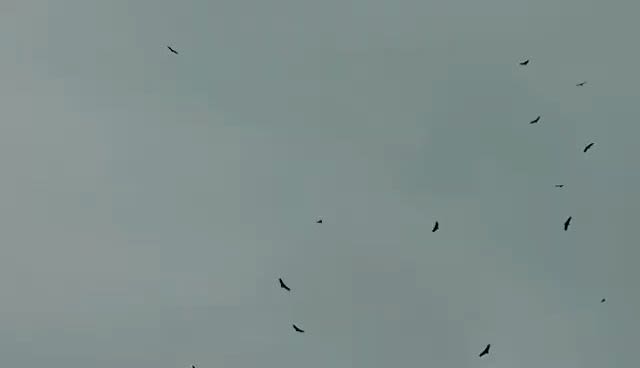
By: Hadeel Arja
The war has taken from us everything ever since I was 10 years old. At the beginning, we thought it would end within weeks or even months, but it persisted much longer! Siege was conducted on our city accompanied with fear, hunger and all that could grieve the heart of a child like me. Despite that, my childhood kept resisting, but could it continue that way?! My book is a cry and call from us, the Syrian children, to the whole world - a world that in its darkness and injustice, we can reach light and hope.”
With these words, Enji George, a Syrian girl, has expressed the pain that she has had in her heart for 10 years and still not healed from it until today. She decided to share part of her pain through the pages of a book entitled Blue Birds, in which she narrates details and feelings that she and Syrian children have experienced through the war that has not ended yet!
Tiny Hand held an interview with Enji to accompany her in a journey inside the pages of this book. It coincides with the 10th anniversary of the war in her country
First Station: Old City of Homs
Before the Disappearance of The Birds

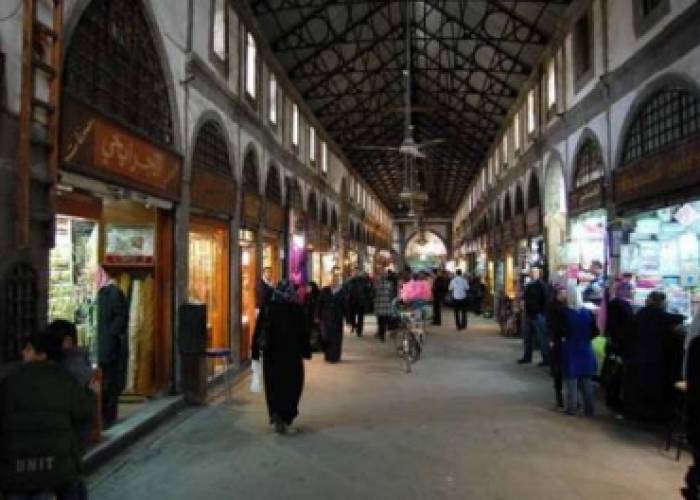
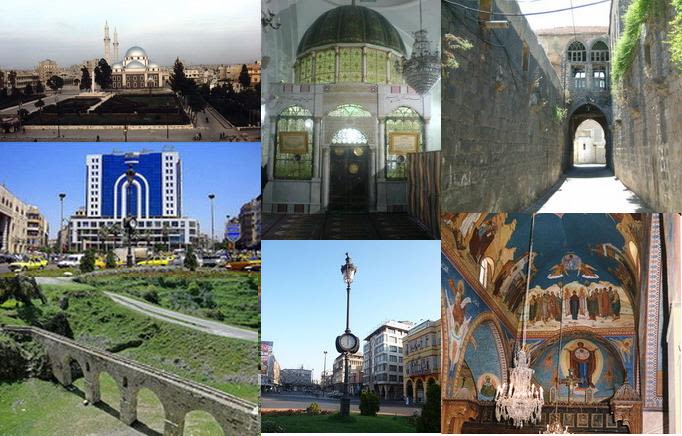
From the balcony of a home in Homs, and particularly from the old part in the city, Enji was watching passers-by. She had always been amazed by the ability of this city’s residents to stay up at night. Everything was simple in her city, where she used to watch passers-by such as an elderly man sitting on the city’s ancient stones and a child holding his father’s hand and both laughing. She used to listen to people’s talks and cars’ horns. There were neither signs of anxiety nor fear on people’s faces.
“However,” Enji said, "all that was before the outbreak of war. Overnight, this city turned into a ghost city!"
“Back then, I didn’t even know the meaning of a person feeling hungry! And I don’t remember that I saw any gesture of anxiety neither on my parents’ nor any of my acquaintances’ faces!”
At that time, Enji was only 10 years old, but she definitely went beyond the childhood phase, playing with her toys, following her favorite cartoon programs and her childish tales with her parents. That was, in short, because a missile targeted her house and destroyed everything.
Enji said: "I felt so much pain as I went through experiences that don't fit my age. I didn’t live my childhood. I rather lost it!"
Second Station: Siege!
Oh, Birds! Don’t Go Away …
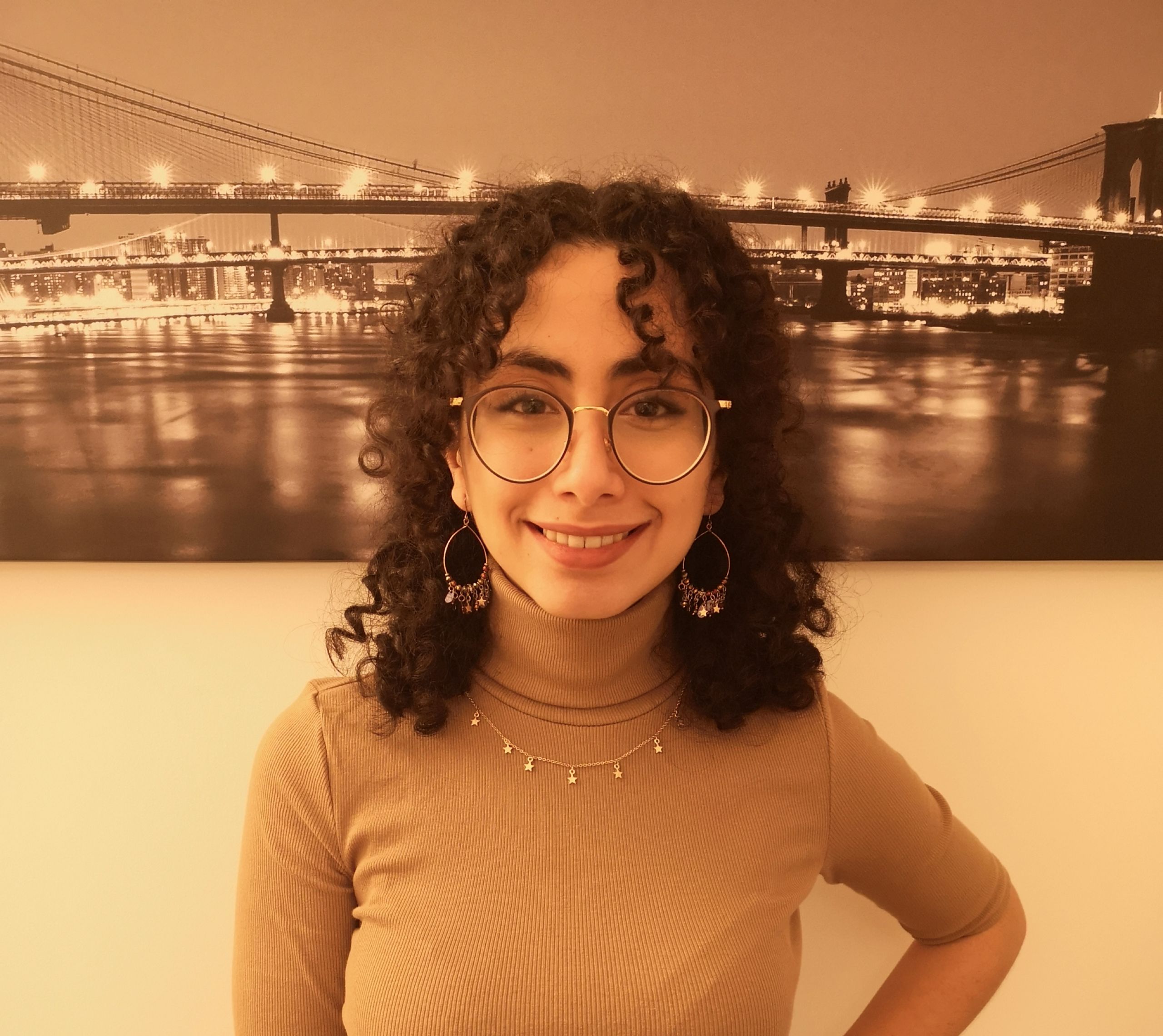
For several years, Enji and her family kept moving in from one house to another. Her cousins were killed in a blast that also left her house and school destroyed. Thus, she stopped attending school as there was no time for education during war. She saw parents, including her own, crying and overwhelmed by mountain-sized worries unable to figure out who to get rid of such concerns.
Enji, along with her friends, tried during wartime in her city, Homs, to eliminate the effects of destruction through drawing. This girl enjoys the talent of drawing. She enjoys decorating the wall of destroyed houses. It was “an artistic attempt to decorate the city once again”.
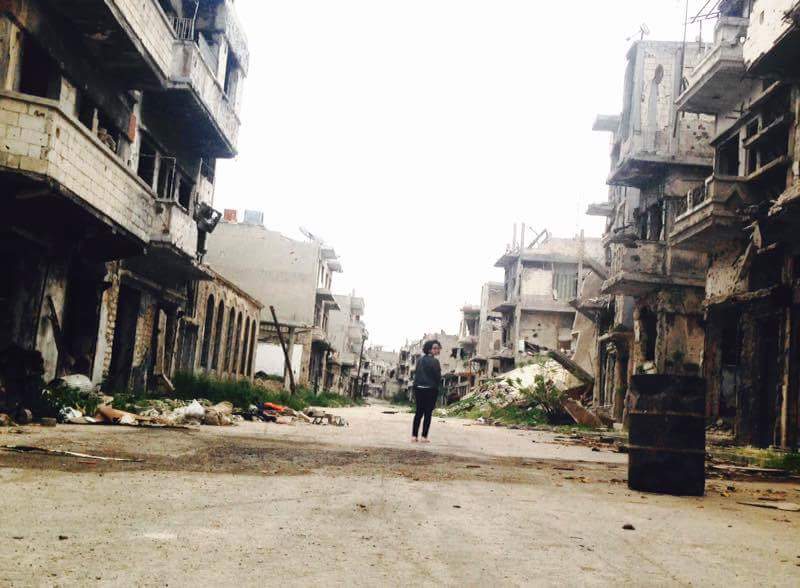
Enji was 10 years old when the war broke out in her country. And upon reaching 16, she left Syria carrying in her heart her story and the stories of every child who has and is still suffering from the war!
Enji said, "I got an international baccalaureate scholarship in Bosnia and Herzegovina and then I won another study grant to continue my university studies in Britain."
What is striking in the adventure that Enji went through alone was that she did not speak English, which was terrifying her. However, today, she speaks English in a British accent fluently in a way almost better than the British themselves!
Birds Don't Fly in Syria's Skies
All birds have departed the sky over Enji's town because there is no space for them among the missiles and the deceased souls that crowd together up there. All this drove Enji to feel sad and uncomfortable, so she found in writing a chance to hold on to hope. She used to meet children at her age during the siege with who she exchanged talks about pain.
Such details can be revealed to anyone who reads Blue Birds. Every child whom Enji has met or even has never met was her source of inspiration to write the book.
Enji remarked, "We’re not just numbers, so I want the world to hear our voices. I don’t want our suffering to turn into mere numbers that the world hears of in the news."
At the same time, she attempted through her book to pass a message of hope to every person who suffered or is still suffering from wars, catastrophes or even from what has been caused by COVID-19 pandemic. Enji added, "I want to inspire everyone to stand on their feet once again and keep moving forward."
But Why Did Enji Choose this Title, Blue Birds, in Particular?
In her speech, Enji clarified that “before the outbreak of war, birds used to represent the fairy tales in children’s imagination. Blue birds and blue sky. However, after the war, blue birds started to reflect a different and more profound concept. That is, they became a representative of our inner power that help us break the chains of the pain surrounding us to reach inner freedom and help our souls fly freely as do the birds in the sky."
The book is based on children’s true stories depicted in the story of a single child. This character is unnamed in the book because he acts as a representative of all children.
The book is available in Arabic and it was published by Jabal Amman Publishers. Find it here:
https://shop.japublishers.com/Blue-Birds
The following paragraph is an excerpt from Enji's book:
“Nature’s colors have changed;
The sky in smoke and blackness has stained;
The soil has taken blood as a cover to shield from their feet’s coldness.
Every scream seemed to reach my heart
Extract it from its place, shake it
And inform it that it was the next victim.
Persistent cries from children were cursing power pillars,
Souls were flying like the smoke of the fire of a rubbish bin,
And the ash of the bodies was spreading,
And in their submissive silence before weapons, a prayer cry.
Their daggers bang churches’ bells
And resonate in mosques’ calls:
Oh God! Do You hear us?”
Jabal Amman Publishers had heard of Enji’s short stories, so they communicated with her and decided to cooperate together. Enji said, "The publishing house liked the idea because the book is about children’s pain away from politics and religion. Besides, the book presents a message to mankind.”
The painter, Hassan Manasrah, provided the drawings for the book that “have given a more profound value to the book”, Enji added.
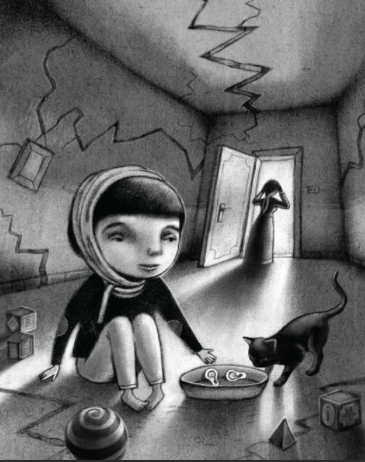
Will Birds Come Back to Syria?
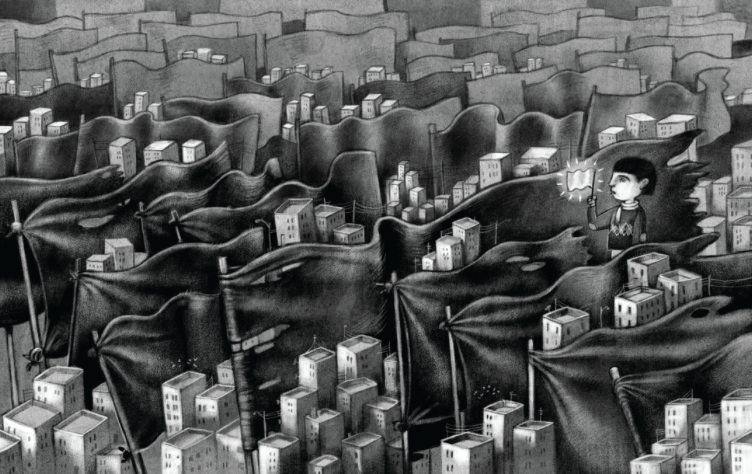
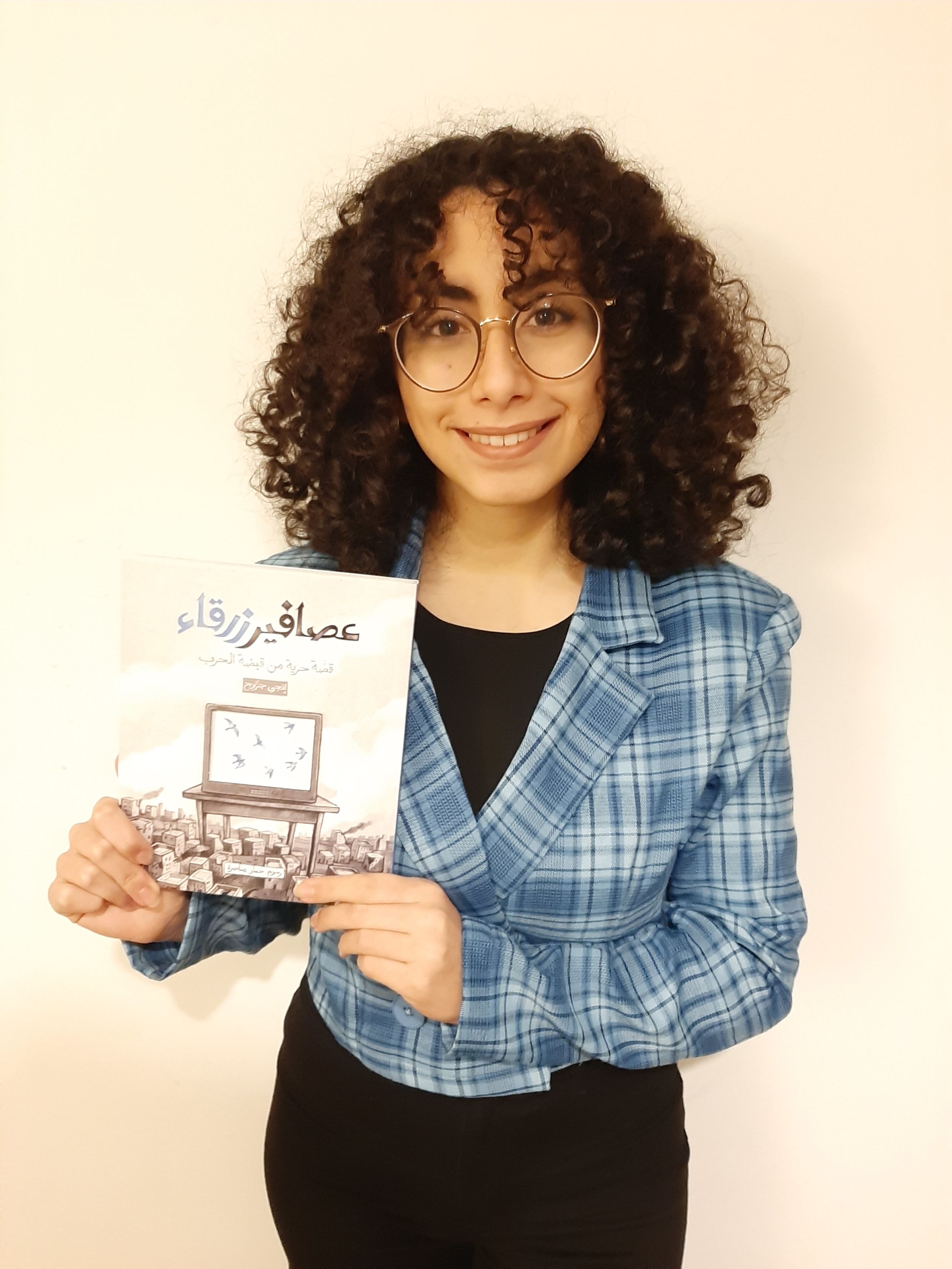
Enji looks out of the window from her home in Britain where she currently lives away from her family. There, she sees birds flying in the sky and asks herself the following question: Will birds come back to her city’s sky too? And when will that happen?
Enji ended up in Britain studying in Norwich University for Arts and specialized in cartoon film industry or animation.
Britain might be a phase of Enji’s quest for “inner freedom”, a journey imposed on her by the war. Enji said: "Some social principles have changed as a result of the outbreak of war. Murder has become permissible. It has become normal to see a person cutting off another’s head while laughing in great pleasure."
All these events made her search for answers to this question: "What’s right and what’s wrong?" In addition, she sought after reaching for her inner freedom as expressed in her book.
This is my message to all children living in camps
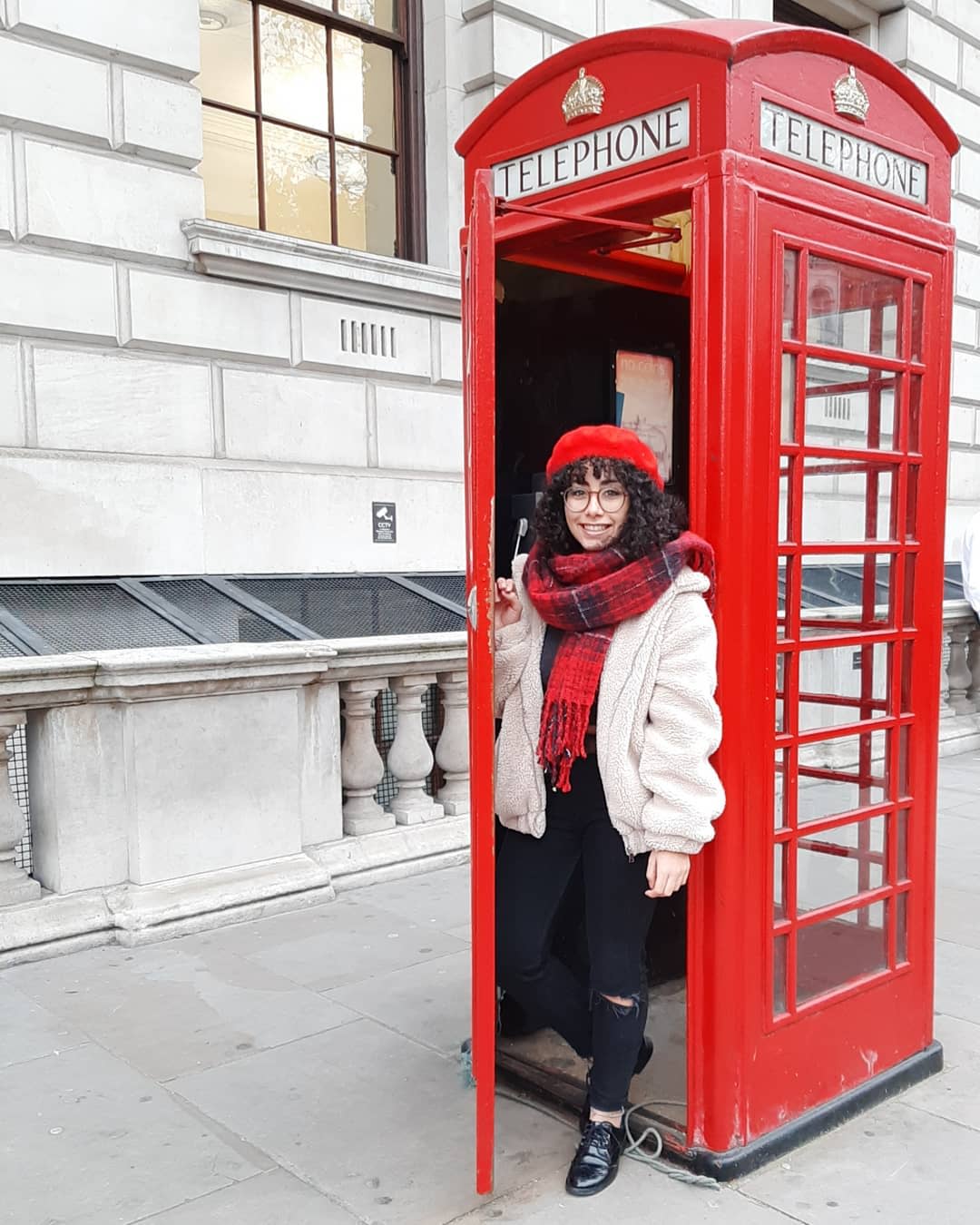

By Enjy
By Enjy
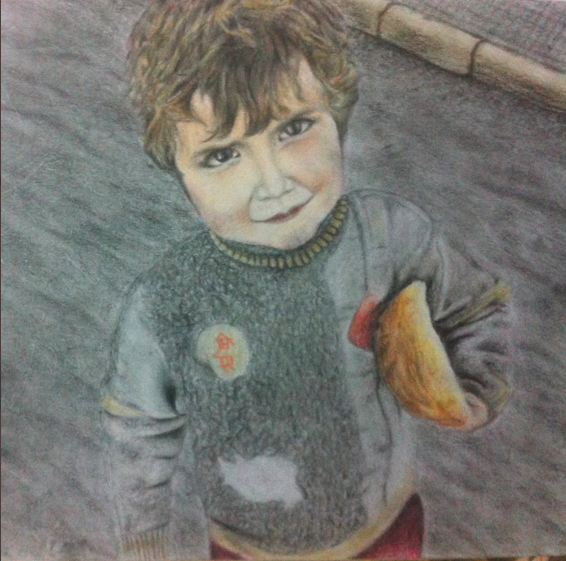
By Enjy
By Enjy
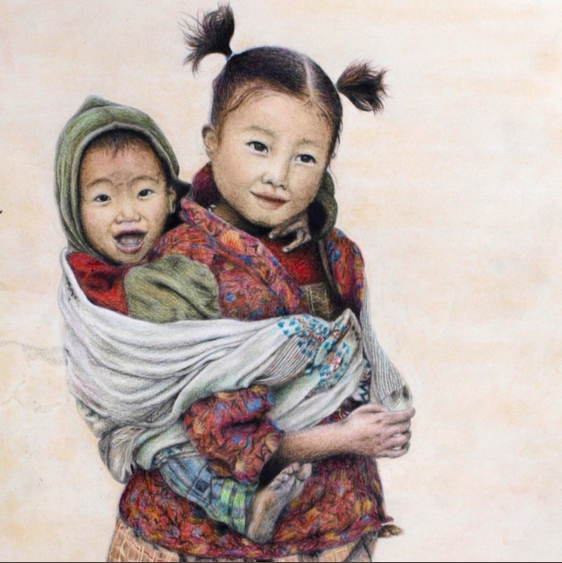
By Enjy
By Enjy
Addressing all children in refugee camps, Enji says:
“You have to believe in yourself. Try to create your own opportunity, no matter how things get complicated or life seems meaningless to you. Even if you were living in a refugee camp, the opportunity could be in a book you read, a friend you meet by chance or a school you go to.”
To every child who experiences hard times, I say:
“Life is full of opportunities, and no matter how much an opportunity is simple, take it. The most important thing is that you should never give up searching for that precious opportunity.”
“Do not wait for travelling abroad to open future doors for you. Work on changing what disturbs you. Less can achieve much over time.”
To all my friends in Syria, I say:
“My house and school were demolished, but I learned from the war not to feel despair. Do not lose hope, but seek the opportunity that you deserve.”
Enji is working today on authoring another book about a little refugee girl who still feels war in her heart despite her departure from her country. "Peace alone is not enough for those children as they need psychological support to heal their war-caused pain. This story will be about a refugee girl aged 10 in a journey to overcome the psychological and physical damages caused by war," Enji said.
Sorrowfully, Enji continued, "The word “refugee” means pain and it makes me feel brokenhearted because I know the bitterness of the journey a refugee goes through. It is even hard to express this journey in words where a refugee struggles until reaching a peaceful country. There, another struggle starts – the struggle of identity, belonging and that of being away from one’s family.”
“This book is a gift for every child in this world who faces difficulties; yet, still has hope and love in their heart.” “This book is also a gift for my family who bore tough circumstances while supporting me as a child. They protected me as much as they could and taught me how to achieve my dreams despite all the conditions and keep enjoying life from the bottom of my heart,” Enji

